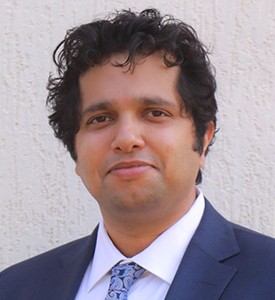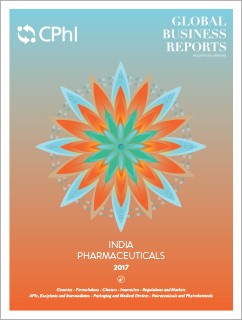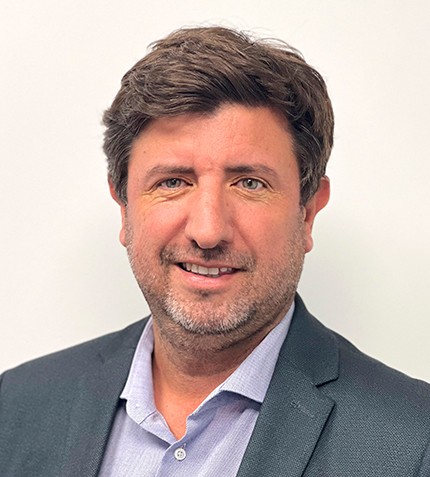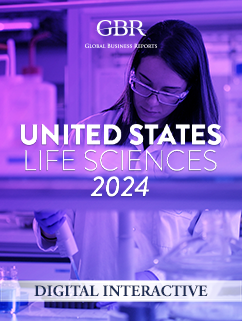
Cogent Glass, recently acquired by SGD Pharma, is a manufacturer of Type I moulded and tubular glass vials for the pharmaceutical industry
RELATED PUBLICATION
ARTICLES FROM THIS PUBLICATION
Akshay Singh
MANAGING DIRECTOR, SGD PHARMA INDIA
How has Cogent Glass developed, particularly now as a division of SGD following the acquisition?
SGD Pharma India (Cogent Glass) has grown significantly over the last few years with an average CAGR of 34% from 2013 to 2017. This is very promising when compared to the CAGR of pharmaceutical companies in India, which is at about 16%. The rebranding from Cogent to SGD was significant as SGD is the world leader in pharmaceutical glass packaging. Although already JV partners, the formal acquisition by SGD brought changes to processes, quality systems and the approach to future business, taking six to eight months for the transition to be completed. A dedicated PMO was appointed for this change and more than 1,400 action points were implemented in the span of six months to reach the branding goals of SGD Pharma.
In the meantime, SGD Pharma India also proceeded with ISO-15378 recertification in line with all other international SGD plants. This shows SGD Pharma India maintains the same quality system and processes as the other companies of the group. Additionally in 2016, a 1,350m2 clean room was installed for molded and tubular glass. SGD Pharma India is the only company in India with a certified ISO Class 8 clean room for molded glass, illustrating our dedication towards quality. As glass is the primary material interacting with pharmaceutical products, SGD Pharma India products play an important role and the company aims to always maintain the trust it has gained from the industry. SGD Pharma has a legacy for over 100 years and plan to inculcate it into SGD Pharma India. SGD Pharma India is now a fully integrated entity of SGD Pharma which produces more than 2 billion vials annually.
SGD Pharma India specializes in glass packaging. Could you provide more insight into the division’s product offering?
From 2013 - 2017, SGD Pharma India only produced and sold Type 1 flint for molded glass. Consequent to the Group Executive Committee decision to produce amber glass in the existing furnace, the ability to offer both products to customers simultaneously improved the company’s portfolio and increased its market share. This development will also help in supporting a consistent growth rate for the company. In terms of tubular glass, SGD Pharma India produces both vials (1ml to 100 ml) and ampoules (1ml to 30 ml) in both flint and amber. In the next two years, SGD will invest over INR 100 crores to build a new furnace with improved product profile and also a new unit of about 3,500 square mts to accommodate 20 more tubular converting machines, which would also increase SGD Pharma India capacity for tubular production by almost double.
How has packaging demand developed in line with changing regulatory requirements?
There has been an improvement in demand for quality, which is a result of increased interest in the regulated markets. In 2015, the U.S. FDA gave approval to about 109 plants for the regulated market, which has since almost doubled to 201 plants in 2016. The resulting increase in volume brings a sense of responsibility, with double and triple checks performed on products. Although the chemical composition of molded vials produced at SGD Pharma India is the same for all clients, various specifications are required from one client to another.
As the value of medicine increases, the price of packaging generally increases as well. Does SGD Pharma India adapt its packaging to include high-cost as well as low-cost packaging for customers?
Not exactly; the price of the container depends on the type of the glass. Being generally more expensive than Type 3, Type 1 is used for parenteral applications & sensitive molecules. We at SGD Pharma India only produce Type 1 in both flint/amber to cater to this specific market. We also produce tubular vials which have similar applications and it has different quality levels based on the input raw material wherein we use only 5 expansion glass approved for regulated markets.
Going forward, what are the key areas of focus and the objectives for SGD Pharma India?
SGD Pharma India has acquired a substantial market share since 2013. The addition of amber glass in our portfolio and new technology to produce larger bottles should help us to further gain market share of Type 1 in India and internationally. The result of 34% CAGR growth reflects the trust on quality levels SGD Pharma India has maintained over the years and we will continue to do so to establish ourselves as the market leader for Type 1 glass in India.












